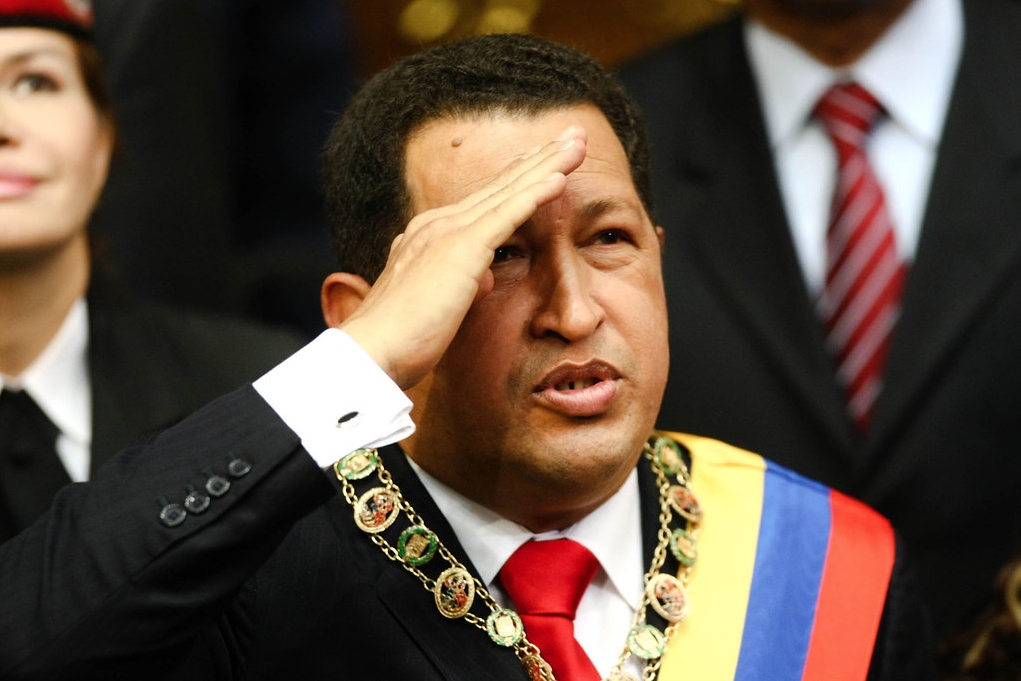The fact that the Peruvian presidency is going to be vacated because of “moral incapacity” shows that Latin American politics is very pre-Machiavellic. Machiavelli defined politics from his own dynamics and explained the power relations at the margin of moral or religious questions, thus debunking, for example, the actions of the Catholic Church that for centuries administered earthly affairs using the holy name of God in vain. For Machiavelli the government of men depends on men, earthly problems have earthly solutions, and the management of conflict for the redistribution of resources-politics-must take into account the incentives of individuals and groups, and not only great moral imperatives.
presidents like Correa and Bukele with authoritarian tendencies presented as “justice crusaders,” tend to approach public policy issues, such as poverty or inequality, from a moral standpoint.
Leaders with moralistic backgrounds like Hugo Chávez, the Evangelical Pastor Morales in Guatemala, López Obrador and his Guadalupean worldview, or presidents like Correa and Bukele with authoritarian tendencies presented as “justice crusaders,” tend to approach public policy issues, such as poverty or inequality, from a moral standpoint. For them it is not a redistributive problem that is solved with public policies, tax and fiscal measures, but rather the “fight” against a consequence of the ambition and lack of solidarity and patriotic feelings of the rich.
In the line of governing by moralism, it is possible to recommend stamps against COVID, to justify an action by God’s advice, to oppose abortion in cases of rape or to convert public policies into “missions”, as if they were areas of evangelization. But the greatest danger of politics as a moral good is that the benefits a person receives from the State are not considered something consubstantial with his rights as a citizen, but are transformed into a reward for belonging to the people – to the moral community – and, even worse, for enjoying the favor of the leader or the elite.
Pre-Machiavellism also gives clues to our tendency toward populism. However much they want to convince us that it is a practice that incorporates the popular sectors into democracy – giving up the possibility of our being citizens who can be homologated with those of other democracies – it is still a way of understanding politics as a Manichean confrontation between the people, as the embodiment of good, and the anti-people that represents evil, while the solution to the problems of that people goes through the saving action of a leader. Morality is binary, good against evil, while democratic politics is, by definition, pluralistic.
Another example of political moralism is that of corruption. Anyone who turns to any Latin American legislature or opens the pages of any newspaper will be amazed to see how people about whom there is clear evidence that they or theirs are corrupt focus their political arguments on the need to “fight” corruption. This is a cynicism that is not so surprising as the argument works for them and manages to mobilize supporters.
Although it is an issue that everyone says they are against and that even stirs up large protest mobilizations, the survey data reflects ambivalent attitudes on the part of citizens, showing rather a certain tolerance, something that is clearly reflected when corrupt candidates or parties are not sanctioned via votes.
My hypothesis is that corruption is not sanctioned because it is not treated as an objective fact, that is, it is bad when “the others” offend by appropriating what is public, but when the corrupt are “mine” a kind of patrimonial right emerges that justifies it in various ways: as a minor and isolated fact committed by a “rotten apple”; as a result of the persecution of the media that act as “ink yard killers” (Rafael Correa dixit); as a minor matter to be removed in the name of the sacred popular interests that are only guaranteed if “mine” govern; or to prevent “the others”, even more corrupt, from coming. At heart, corruption does not punish, it mobilizes.
politics as a struggle between good and evil gives a kind of moral superiority that operates as an indulgence, eliminating the possibility of criticism or accountability of leaders
Moreover, politics as a struggle between good and evil gives a kind of moral superiority that operates as an indulgence, eliminating the possibility of criticism or accountability of leaders: one of the foundations of democratic systems. Just as priests preached poverty without being judged for living like the rich, leaders who embody “the people” are allowed to be inconsistent and inconsequential.
Among the many examples, remember that while the young Peronists killed and died in the name of the leftist revolution, the General and his poodles lived in luxury in Madrid under the protection of the dictator Franco. Also, the former president Abdalá Bucarán, who made the fight against the oligarchy his platform, lived like a rich man. When a journalist showed him this contradiction, he answered that wealth had nothing to do with it, that oligarchy is a state of the soul.
Perhaps things are more complex and those of us who look at politics from the rationality of the Enlightenment and ethics – not from the duty to be moral – do not understand the essence of the national popular and those spiritual dimensions.
Photo by ¡Que comunismo! on Foter.com / CC BY-NC-SA
*Translation from Spanish by Emmanuel Guerisoli











